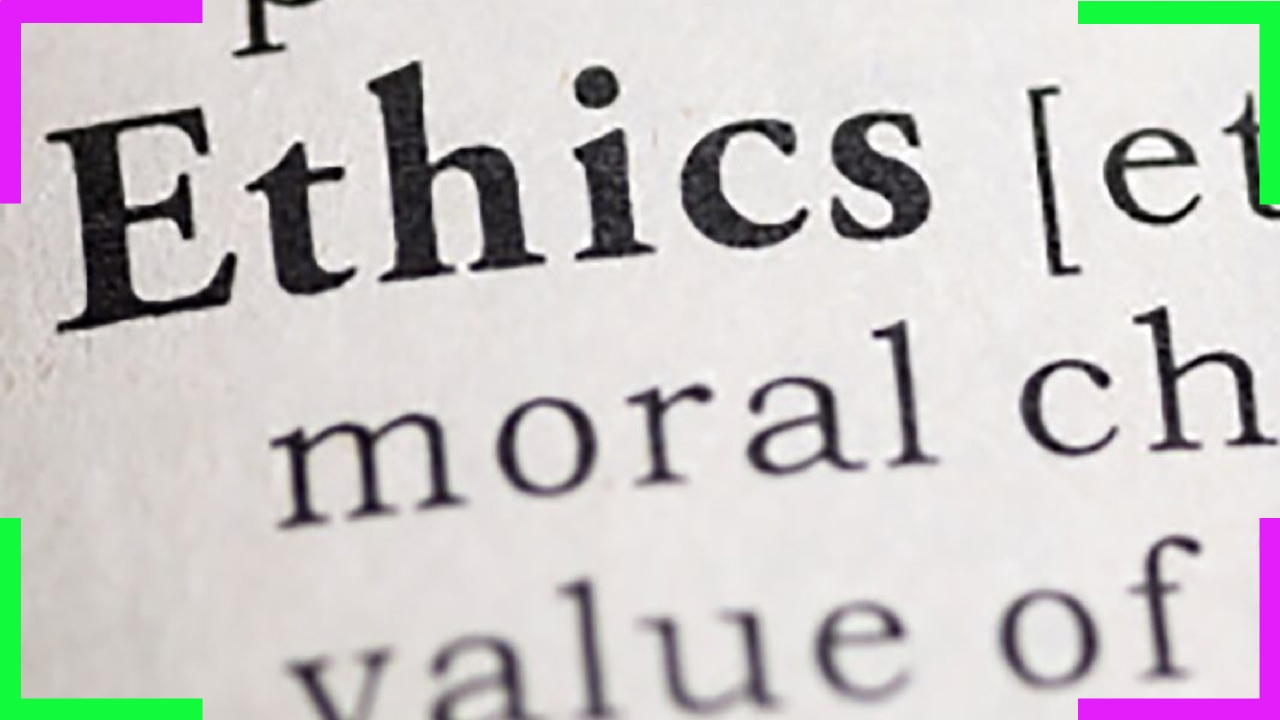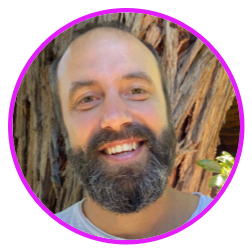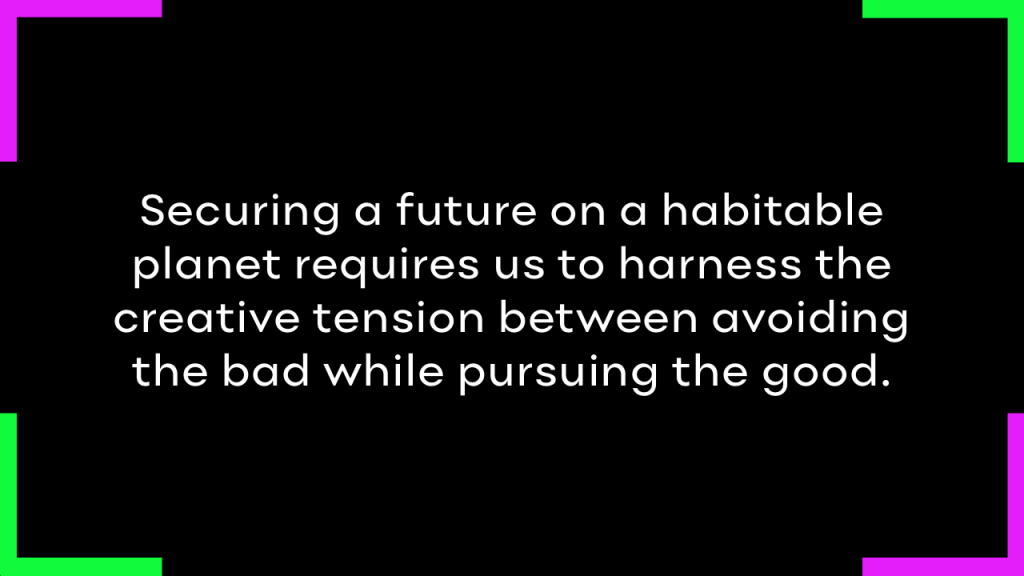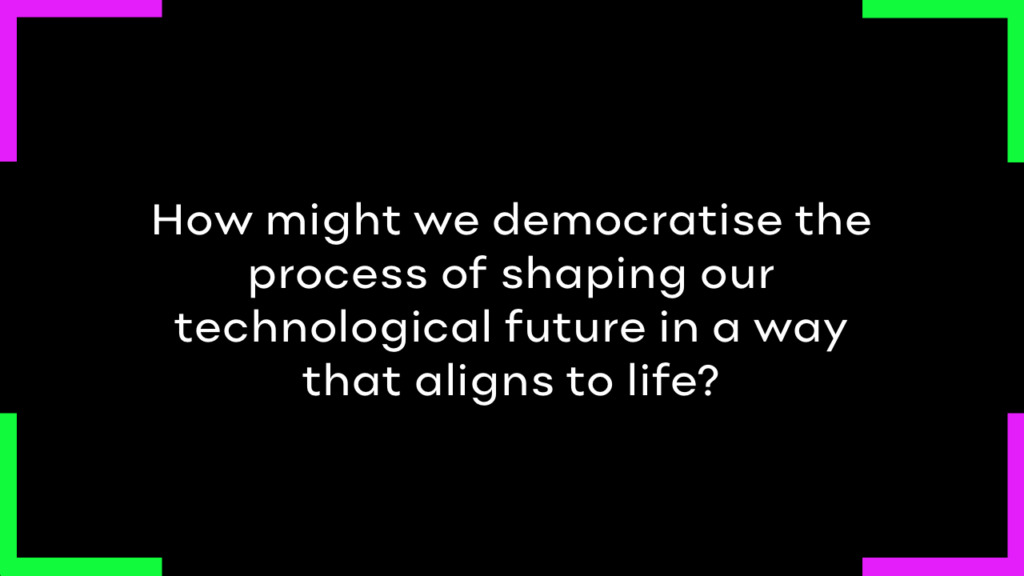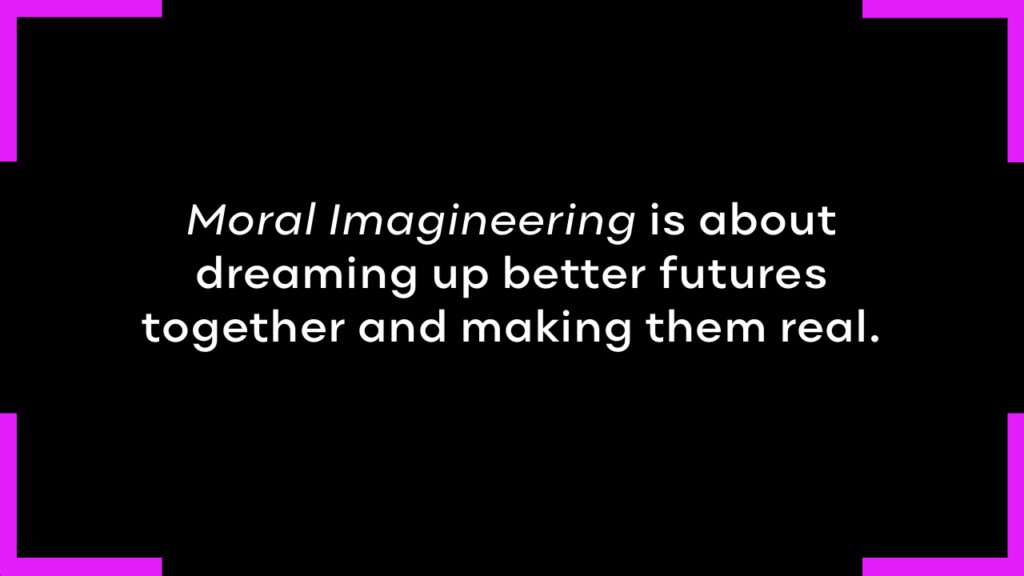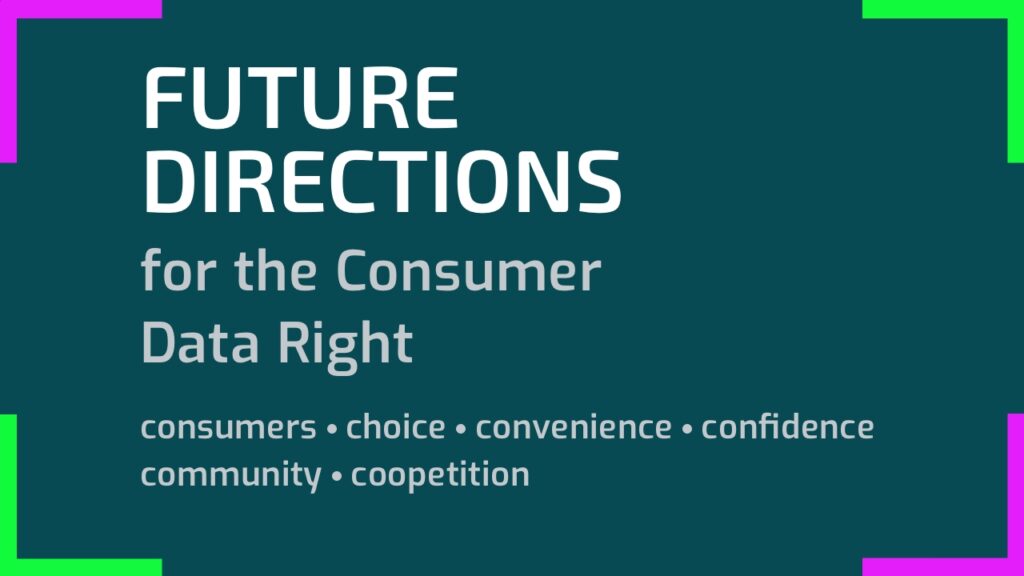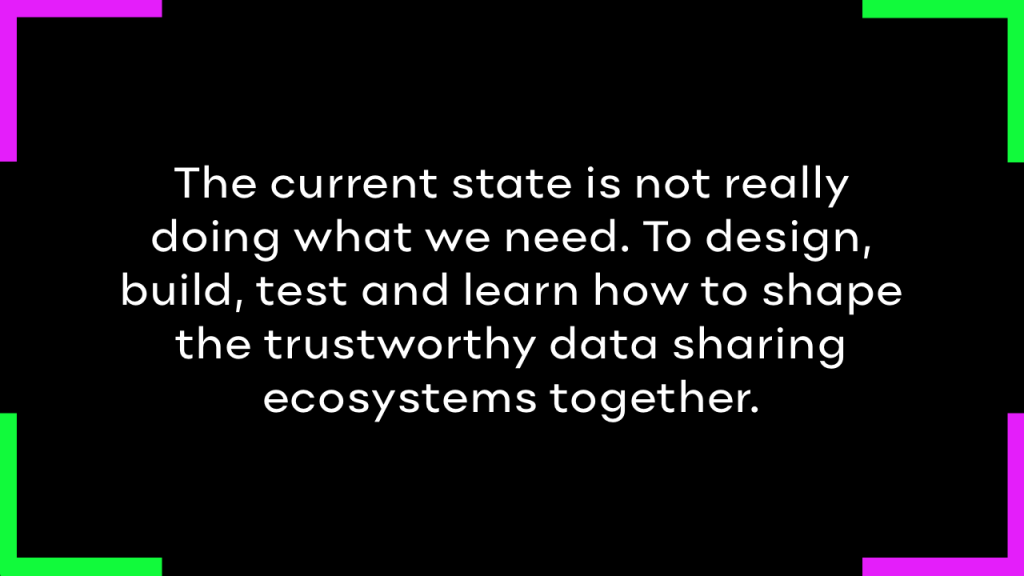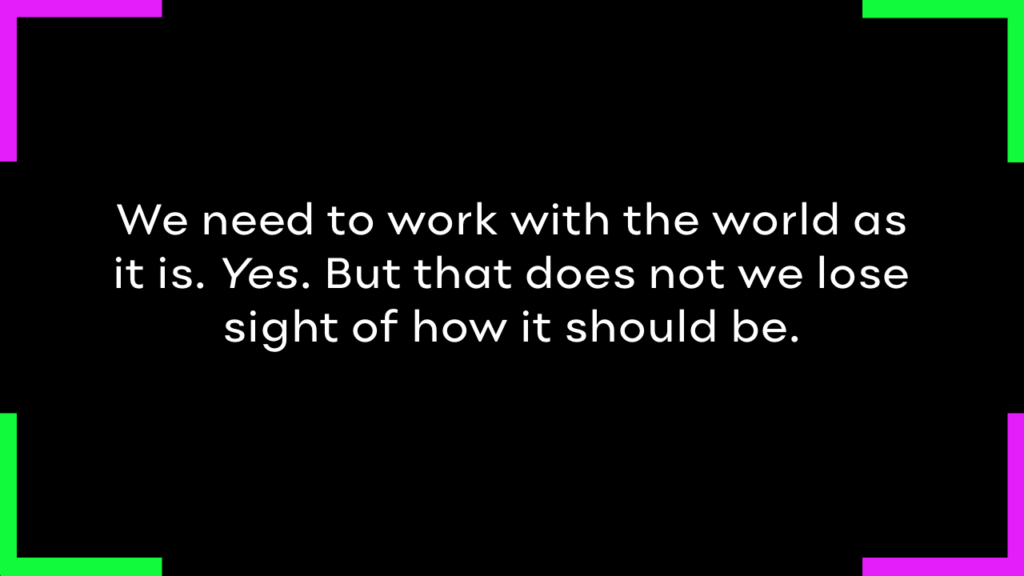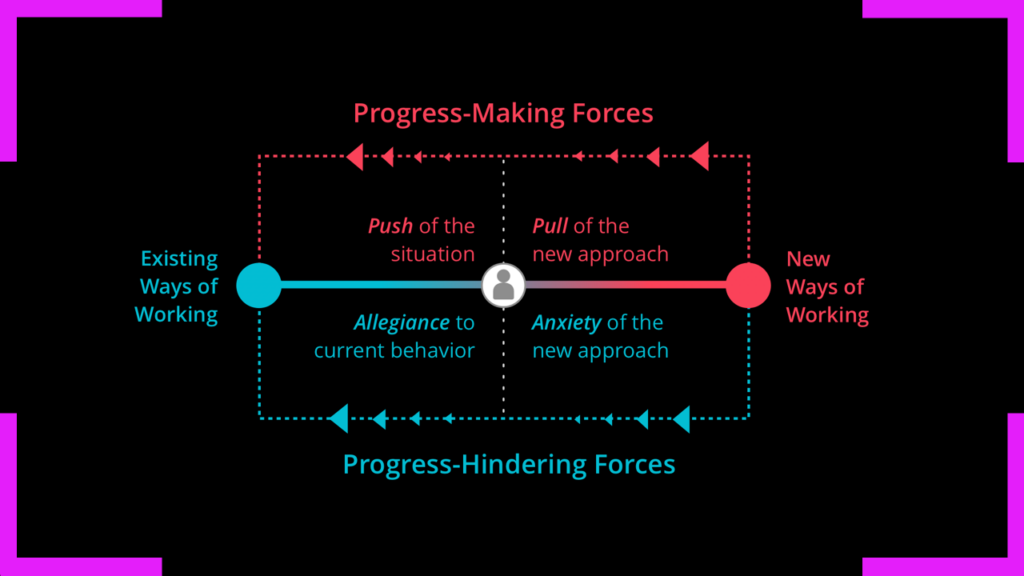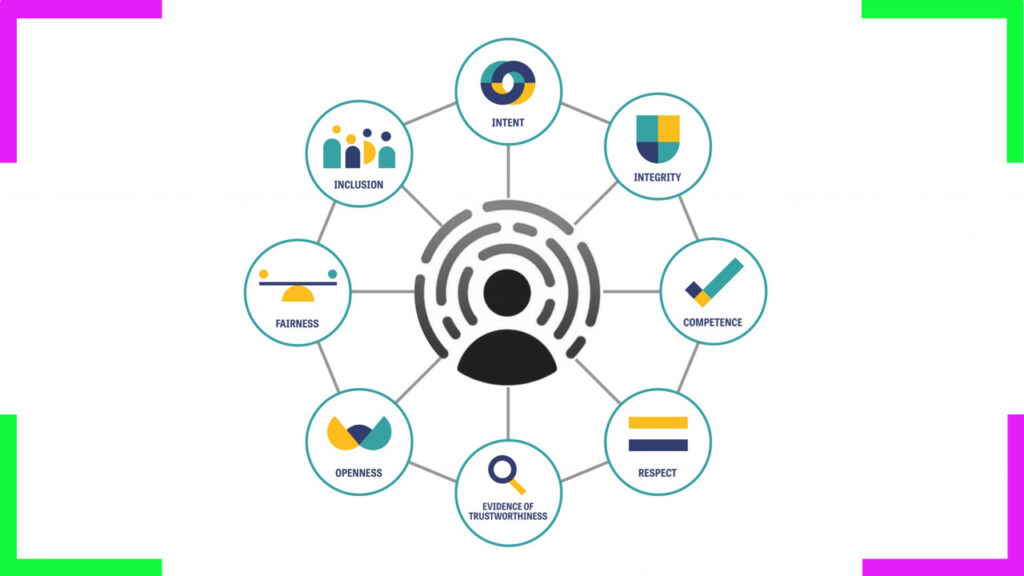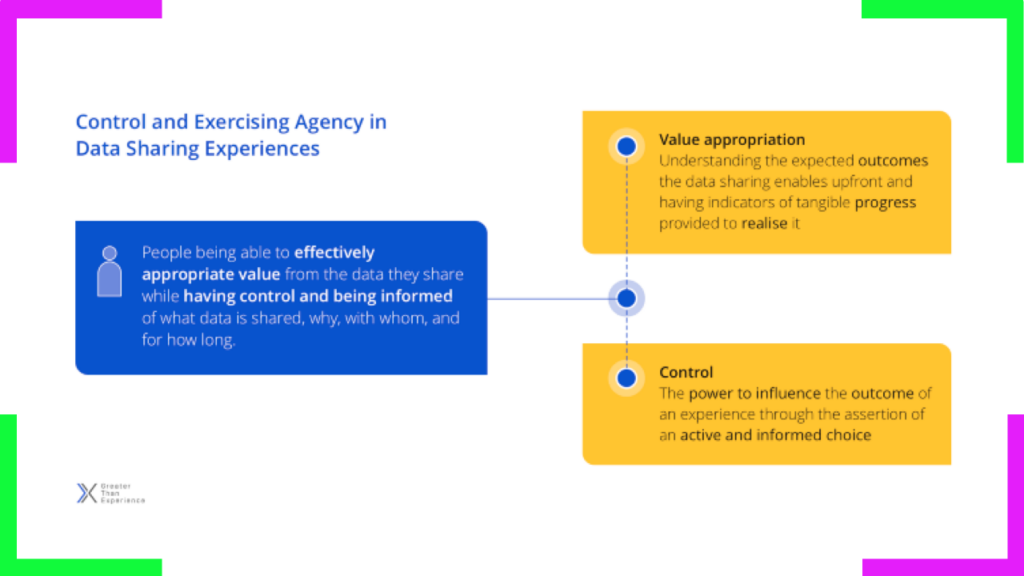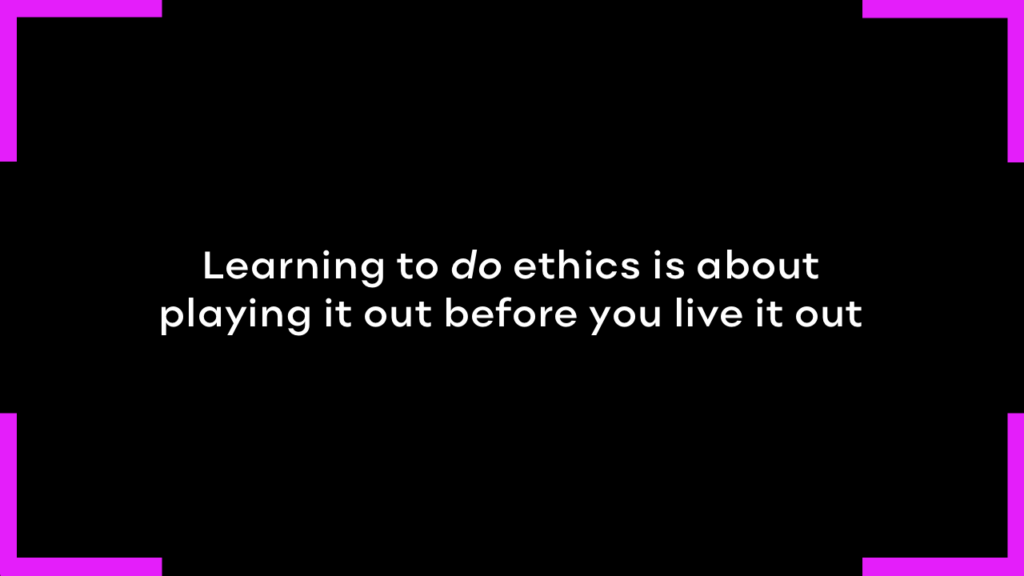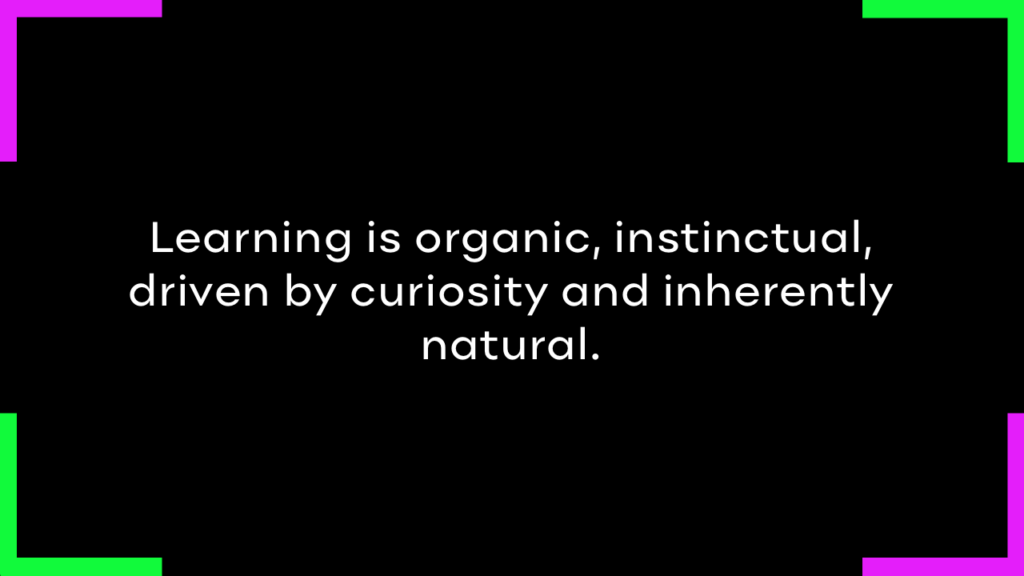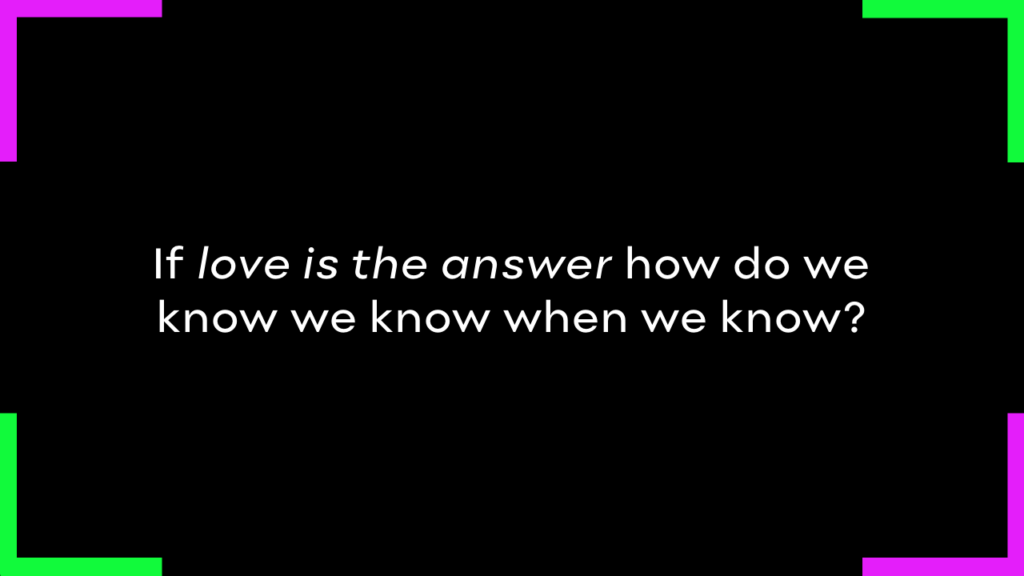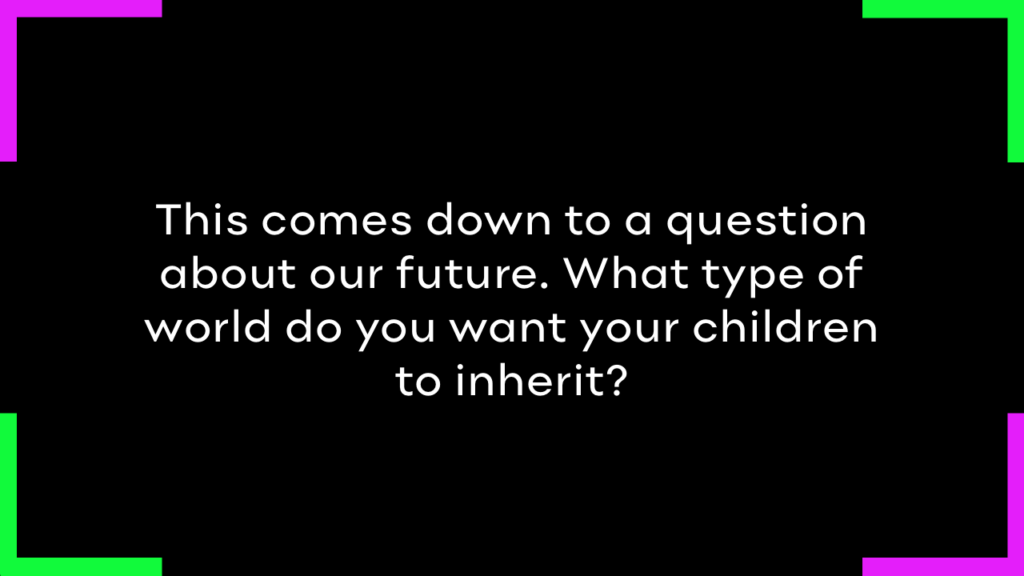Ethics is always present. For most of us humans it’s part of everyday decision making. Whether we’re conscious of it or not.
In a organisational context it’s a little more complicated. Organisations are a collection of individuals making decisions. Guided by formal and informal structures and processes. Then all the heuristically made decisions using “rules of thumb”. Those ones laden with all our wonderfully human cognitive biases. Then there are the stated ethics. The ones living through and within documents and artefacts. Sometimes in an explicit code of ethics an organisation has.
In the organisation context the ethical dilemmas are scale relative. Consequences of going with one decision over another might mean some small consequence. Like a software vendor to choose for marketing automation or a company policy decision on rates of pay rise inline with inflation. Some are decisions of major consequence. Like an algorithmic change in a machine learning model that could negatively impact people’s life on a large scale. At times, decisions of life or death. Self driving cars, drones, autonomous weapons, biomedical devices and medicine. This is why strict guidelines and adherence to them are needed in these cases. There are standard for some things but it first starts with these statements of purpose, values, principles. And yes, we can argue many companies rarely walk the talk. But this does not mean these statements of intent should be scrapped. On the contrary, we should be reinforcing them whenever we can. They are useful reference points and guides for action and interaction. They inform strategy and planning. What partnerships to pursue, vendors to use, business models to test or retire. When modelled in the behaviour of people across an organisation they become the modus operandi. In a constant state of becoming.
Ethics is everyday. For everyone.
I see the value of annual days of acknowledgement. They draw attention to things we should be reflecting on, discussing and celebrating. Everyday we face ethical dilemmas on various scales. Be that on optimising for net benefit with pandemic policy. Or how to make a purchasing decision when you go grocery shopping. Ethics is present everyday.
But let’s step back and reflect on what “ethics” is.
Yes moral philosophy is relevant but you don’t need a doctorate to do it. Philosophy is about reasoning and in the case of ethics, flexing moral imagination. Some basic grounding in the concepts are enough. Take what you learn, then practice. Reflect on how moral considerations about what you “ought” to do influences your decisions. If it’s in your personal life maybe you have the golden and silver rules to guide you. These are at the basis of much of religious thought. Those perennial principles. Guiding us in what we “should” do.
- Golden: treat others as you’d want to be treated.
- Silver: don’t treat others how you don’t want to be treated.
The silver is as valuable and useful as the gold.
So that can be enough to take them and try live to them. Remember ethics is an applied discipline. So apply it, explore it and test your bounds. Thats’s a start.
Taking this further, when it comes to applied ethics I tend towards the framing from The Ethics Centre. That ethics is a decision making process. Making decisions in alignment to our purpose, values and principles. This makes sense in an organisational setting. But it’s rare for individuals to have this defined with clarity.
So it’s a decision making process while flexing your moral imagination. Those reasoning skills that help you interrogate a decision. Exploring the possibilities of what might happen if we make decision X or Y. Without lot’s of practice this is daunting at times. Overwhelming for anyone but a trained philosopher. This is where values and principles are guides so we do not get bogged down in analysis paralysis. So they are useful anchors for clarity.
When I was running programs at at entrepreneurship college one of the key activities was about helping people get that clarity. It’s hard work. Defining my purpose? My values? My principles? It was sometimes gruelling to go through the process but rewarding none the less.
The one activity that was always really hard for students in the program was this one on values. After people had done the reflection and come up with their stated values they had to interrogate them.
The gist of this activity was to question what would make people not follow these stated values? What would make them break them? What would happen if they did?
It’s impossible to answer honestly without some serious reflection and introspection. Without exercising some moral imagination.
Responses were sometimes a little extreme and also predictable. Like a gun to the head or millions of dollars. Then the consequences. Shame, guilt, damaged reputation in their professional life. Business bankruptcy. This was before they’d even come up with a concept for a business or designed a business model. It was all personal.
I’m lucky to have done lots of work in this area. Not the professional work. That’s been great. But the personal and reflective work, the ongoing reflexive practice. Knowing thyself and always becoming.
I have my purpose, my values and principles. They’ve been refined many times but there’s been consistency for over a decade. I aspire to live by them and test my resolve in doing so.
Purpose:
Create systems for living and learning that enable human and planetary flourishing
Values:
Social Justice. Compassion. Shared Humanity. Collective Learning. Human Agency.
Principles:
- Lead others to have the courage and competency to lead themselves
- Going alone is faster but going together brings the challenge and learnings that take us further
- There’s much perfection we can accept in imperfection
These are very personal and likely need more context to make any meaningful sense to anyone but me. But they have been helpful reminders when choosing what to work on, who to partner with, even what things me and my wife buy for our family or friends. They guide my conscious decisions. Which in reality is very few of the decisions I make everyday.
So exercising your moral imagination and building “ethical muscle memory” takes time. In a consequence vacuum there little point apart from training your reasoning skills. You need to learn by doing. With real trade-offs and consequences. But we need to give ourselves guides. Having these written down is helpful and I’d say a very good exercise to go through as an individual. It gives you a compass and informs your mindset to navigate this complex world we all live in. The one key thing I always reinforce is to recognise the aspirational nature of it all. The world is not black and white. It’s complicated. We are imperfect. We break emotionally, psychologically and physically. Morally we have thresholds we may cross at times in our life. We compromise. For lot’s of different reasons in different situations. That’s normal. We make trade-offs.
We’re beautifully imperfect as humans everyday. And so is ethics.
